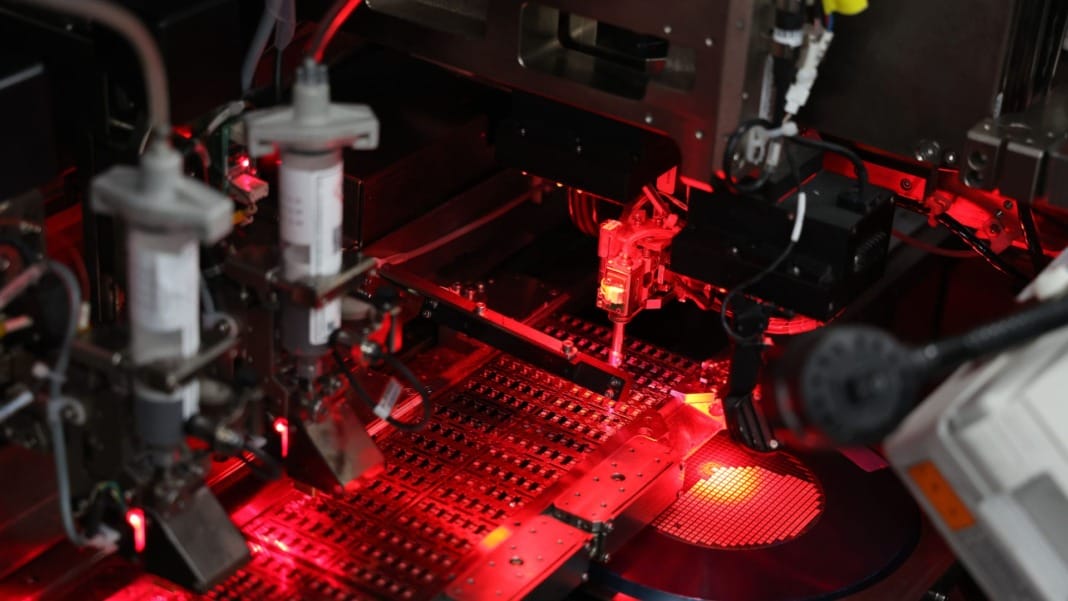In a significant development, China’s Ministry of Commerce expressed strong disapproval towards the United States on Monday. This reaction follows the US’s decision to restrict hi-tech investments flowing into China, affirming its right to take countermeasures if necessary.
The tension escalated after the US Treasury Department announced on Friday that it plans to draft rules regulating American investments in artificial intelligence (AI), quantum information technologies, and semiconductors in China. These proposed rules aim to intensify the six-year trade dispute and extend US curbs on Chinese tech firms. Beijing has often accused Washington of attempting to hinder China’s economic growth.
China’s response
In a statement issued on Monday, the Chinese Ministry of Commerce expressed “severe concern and resolute opposition.” The ministry urged the US to respect market economy principles and fair competition, calling for the cessation of the politicisation and weaponization of trade and commerce. The statement emphasised that the US should cancel the proposed rules to foster better economic relations between the two nations.
The ministry highlighted that these US measures threaten the normal development of China’s industry, affect cooperation between companies on both sides, and undermine international trade stability and supply chain security.
Details of the US rules
The US Treasury’s website details that the new rules are part of an executive order issued on August 9. This order limits US investments in specific national security technologies and products in “countries of concern,” including mainland China, Hong Kong, and Macau. The US rules will prohibit certain transactions in technologies and products that pose a significant national security threat, while others will require prior notification to the Treasury.
The rules specifically target AI, semiconductors, and quantum information technology investments. According to the Treasury, President Biden is taking action to prevent the exploitation of US outbound investments by countries of concern, aiming to safeguard technologies crucial to military, intelligence, surveillance, and cybersecurity capabilities.
Public comments on the draft rules are invited until August 4, after which binding regulations will be established.
Expert opinions
Andy Xie, an independent economist based in Shanghai, expressed scepticism about China having specific countermeasures in place. He noted that potential countermeasures might conflict with China’s goal of keeping global trade as open as possible. Xie added that China invests relatively little in US technology, implying that mirroring the US rules would be ineffective.
“The Chinese government will always respond when the US government announces such actions,” Xie said. However, he emphasised that China does not seek or support a vicious trade spiral.
The US-China trade war, which began in 2018 under former President Donald Trump, has resulted in tariffs on approximately US$550 billion of Chinese goods and US$185 billion of US goods. Additionally, the US has imposed restrictions on numerous Chinese tech firms and urged global enterprises to limit their business engagements with China.





